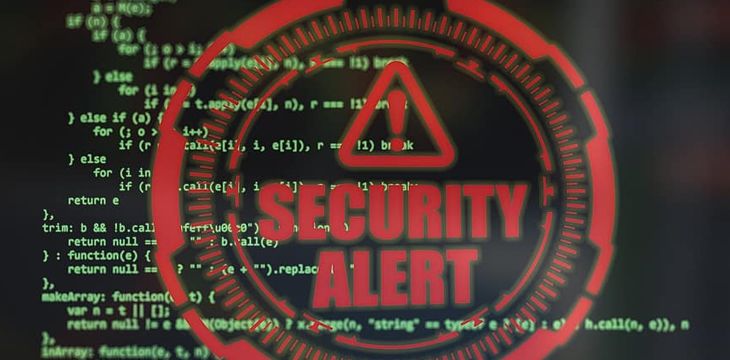
North Korea has an “army” of more than 6,000 hackers at its disposal, carrying out cyber warfare including digital currency hacks, according to a report published by the U.S. Army.
Based across countries including Belarus, China, India, Malaysia, Russia, the team of hackers is reportedly controlled by Bureau 121, the division with responsibility for cyber warfare in the rogue state.
According to the report, many of the hackers are located overseas because North Korea lacks the domestic infrastructure to support hacking operations at scale.
The revelations show that North Korea is continuing to sponsor significant volumes of digital currency crime and other cyber attacks from around the world, and confirms suspicions of organized cyber warfare emanating from the secretive country.
One division thought to be responsible for digital currency hacks is called the Bluenoroff Group. With 1,700 members, the hacking group works “by concentrating on long-term assessment and exploiting enemy network vulnerabilities.”
Another division, the Lazarus Group, has hit headlines repeatedly in the past, gaining notoriety for its WannaCry malware launched in 2016. The stated aim of the group is to “create social chaos by weaponizing enemy network vulnerabilities and delivering a payload if directed to do so by the regime.”
The report highlights the extent to which North Korean-sponsored hacks are causing disruption globally, with law enforcement facing an uphill battle to identify and prosecute those responsible.
The cybercriminals are thought to be relying on privacy coins to cover their tracks, preventing detection by converting stolen money through these tokens before converting into cash.
Despite the scale of the challenge, some progress is being made. Back in March, the U.S. Department of the Treasury’s Office of Foreign Assets Control identified two Chinese nationals who had been involved in laundering stolen digital currency assets in connection with the Lazarus Group.

 09-22-2024
09-22-2024


